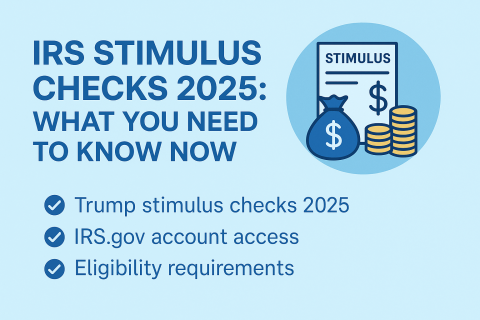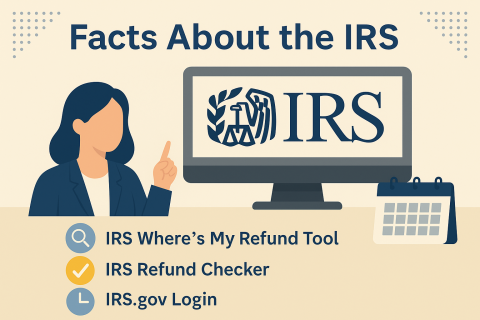With growing buzz around Trump stimulus checks in 2025 and renewed interest in IRS relief payments, millions of Americans are asking: Will there be another round of stimulus checks? In this post, we break down the current facts, anticipated policies, and how to prepare for potential payments from the IRS in 2025.
Whether you're trying to track eligibility, understand IRS processes, or access your online account, this guide will help you stay informed—and ready.



